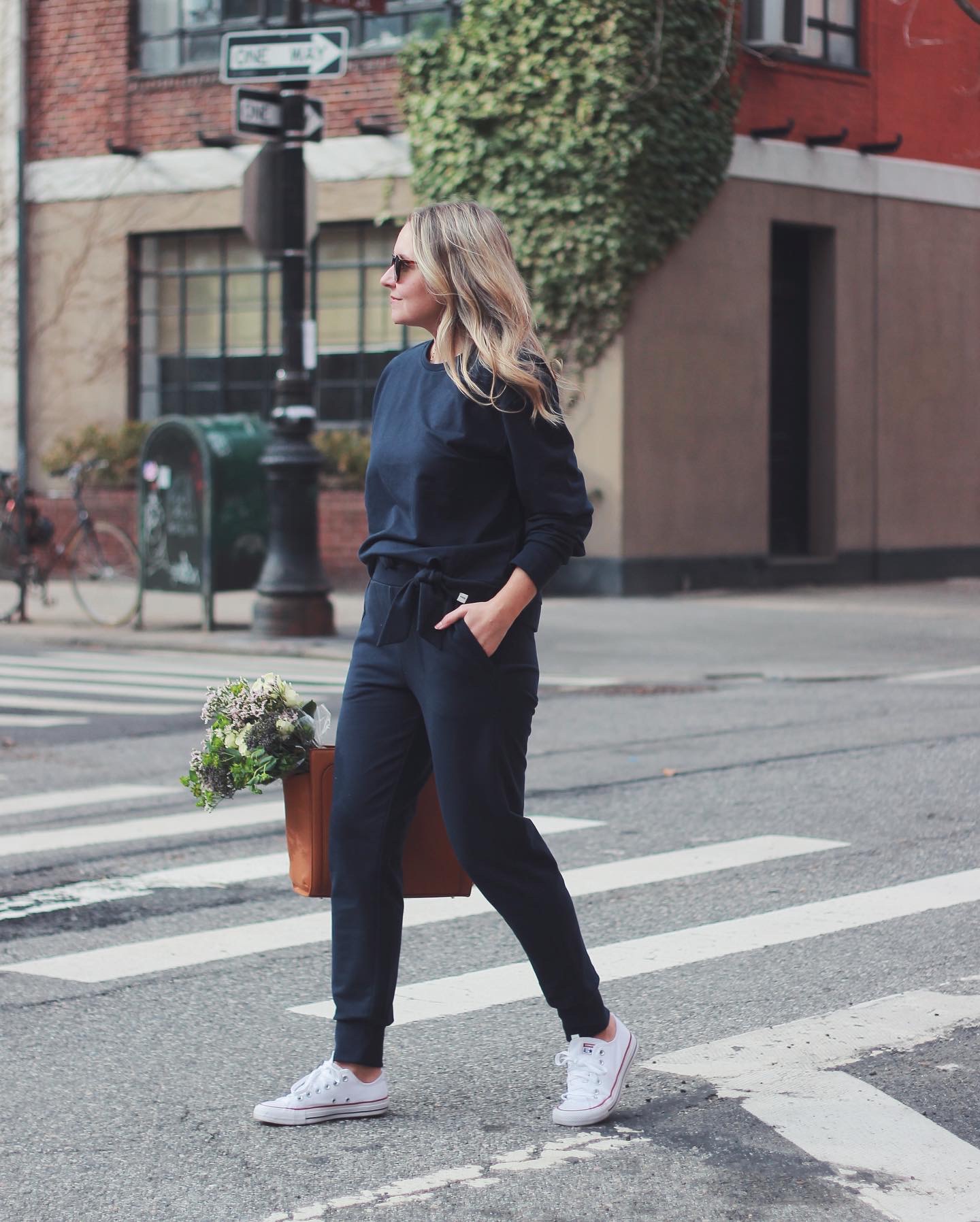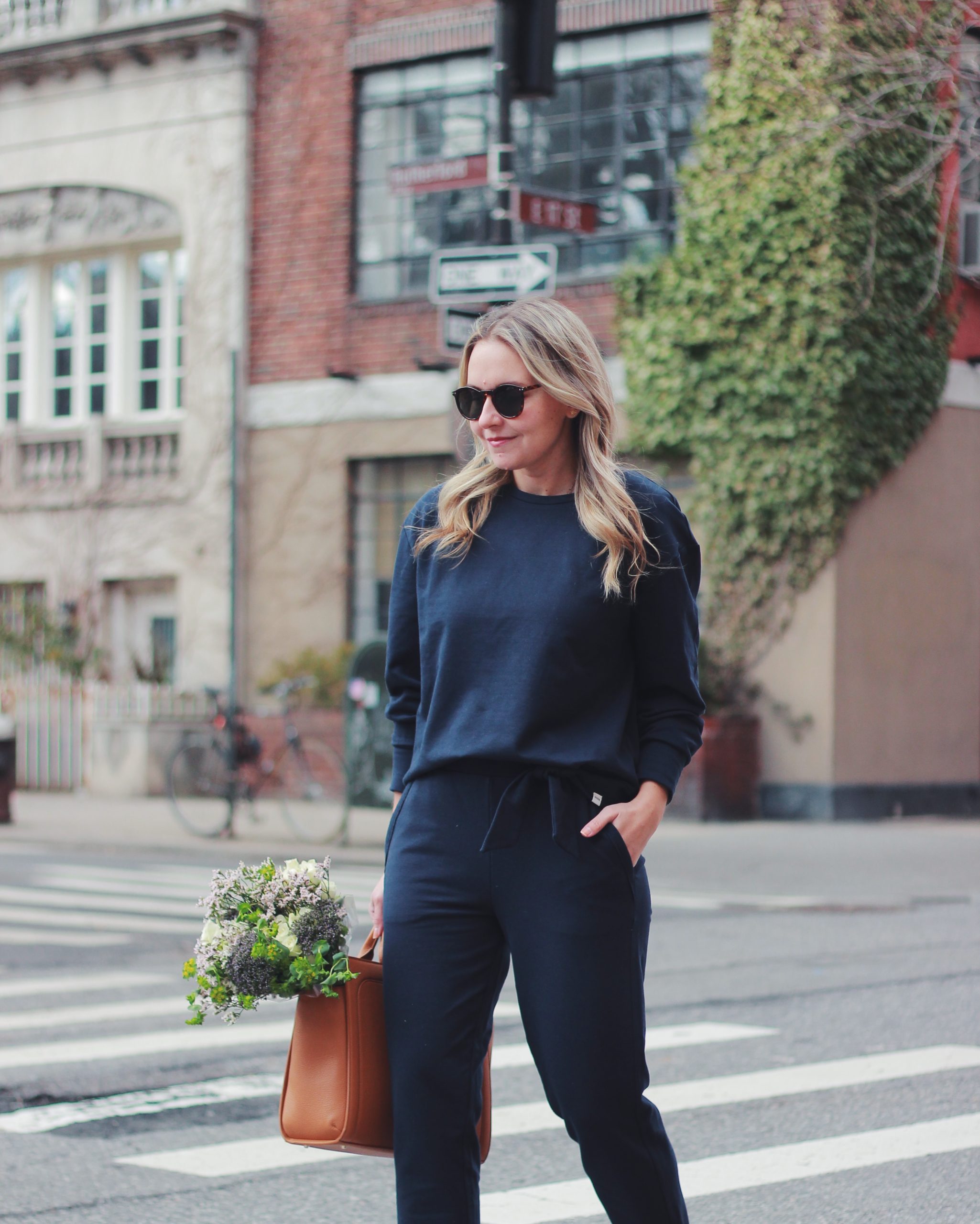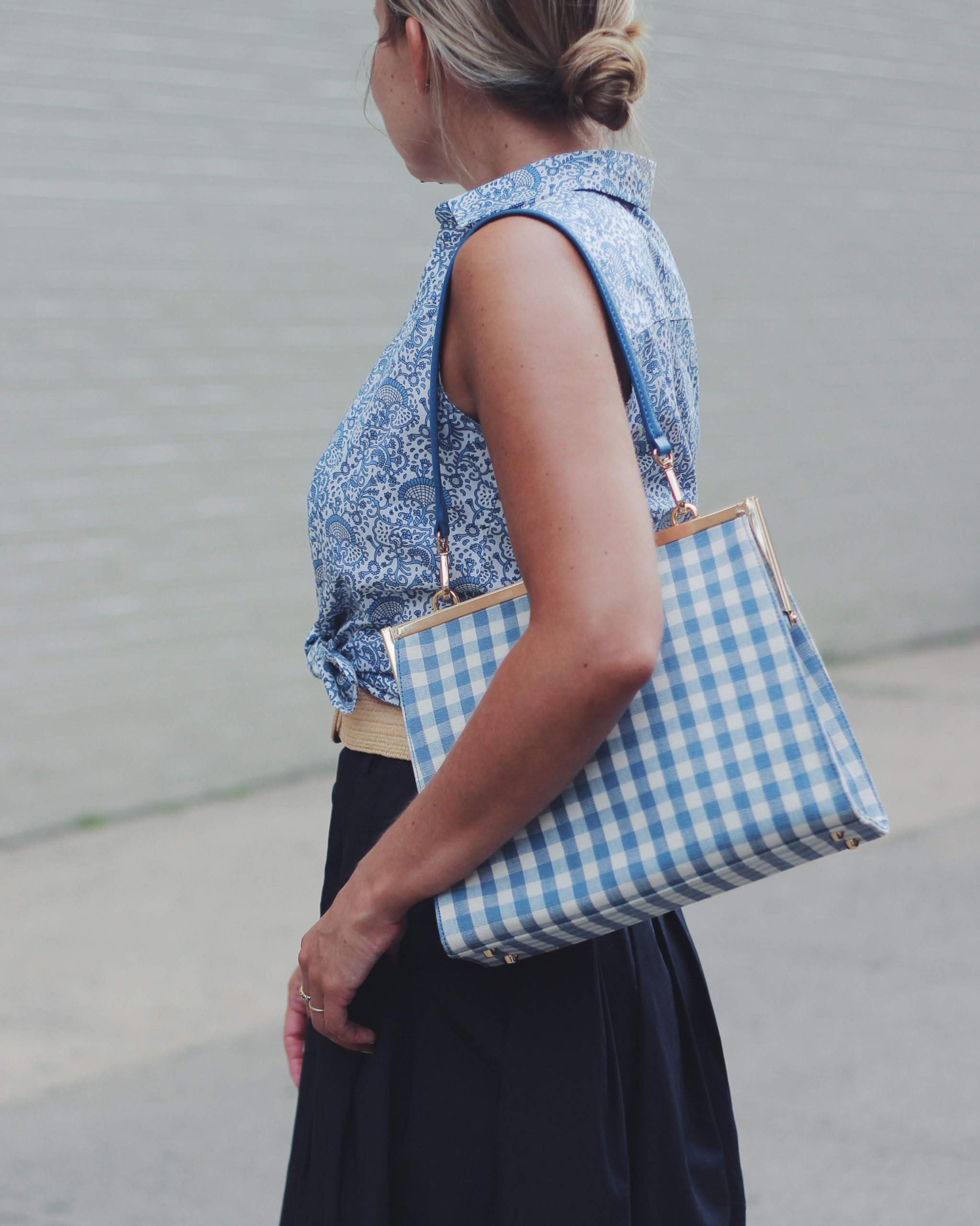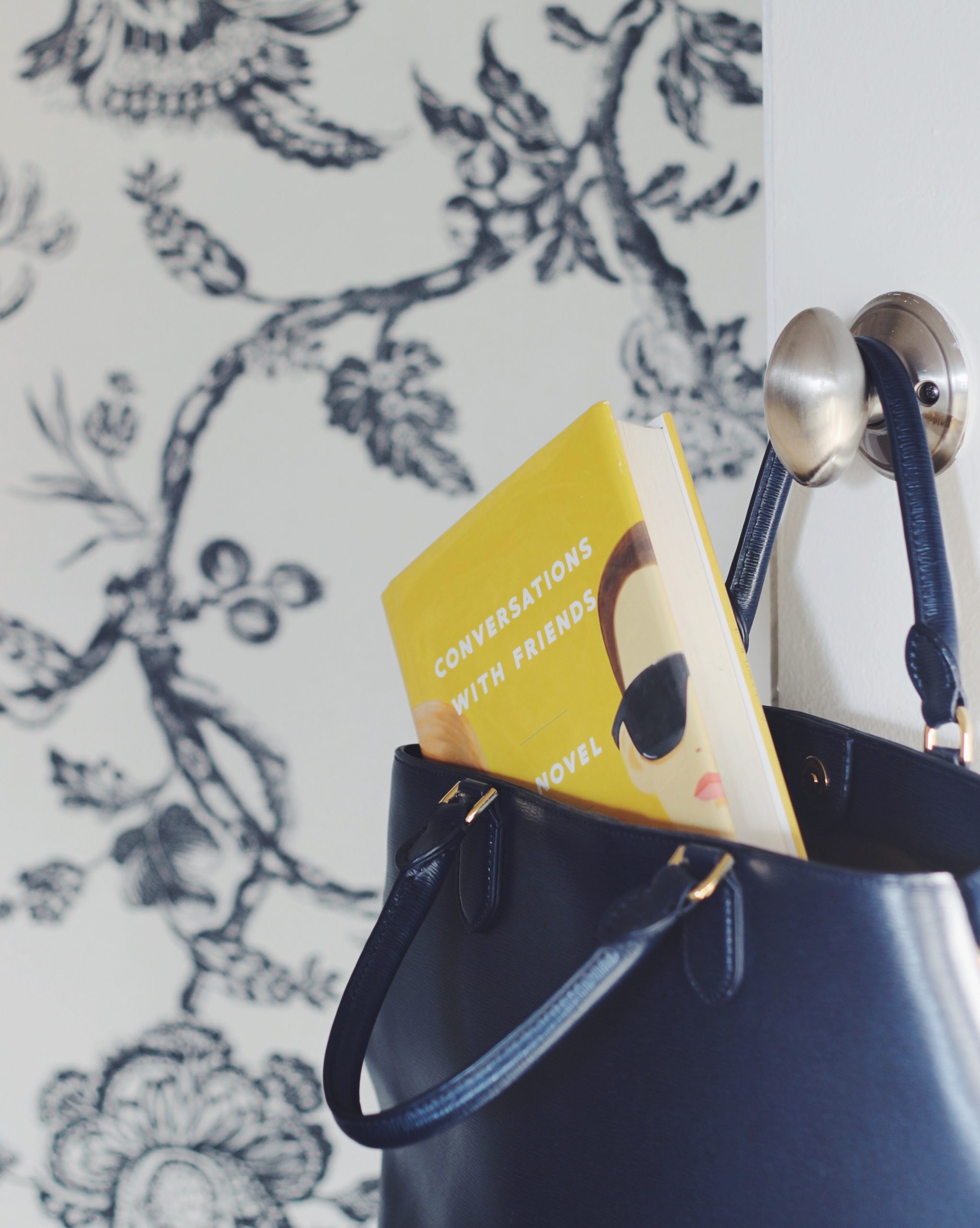
For those of you joining me in Frugal February – we’re over halfway through! I thought I’d share a few of the tips and tricks I use to get me through a month of no shopping – or really any time when I want to tighten up the purse strings for a bit.
- Set Parameters: To begin, I set some ‘rules’ for myself so that I know precisely how I want to approach the month. For me – I can spend money on groceries and pharmacy necessities (meaning toothpaste is fine but not nail polish). I also throw in a chai tea about once a week and take-out maybe twice in the month. Otherwise things feel a little too strict. But set your own guidelines here.
- Find a buddy: Even if they’re not actually doing the challenge with you – I find it’s helpful to tell someone and then you’ve made yourself more accountable. For instance – I’ve told all of you!
- Calculate Your Savings: Look at your budget and see exactly how much you have in discretionary spending each month – and then you’ll know how much you’ll save. This is such a strong motivator and if it helps, you could divide that number by the number of days in the month and do an automatic transfer to your savings account every day. Each day you’ll see your efforts stacking up!
- Plan for Future Purchases: For the last couple of years I’ve used these shopping free months as a chance to clear through my closet and identify things that were missing. Then when I was ready to shop, it wasn’t an impulse buy but a calculated purchase I knew I wouldn’t regret. Window shop and save website links that you’ll want to come back to when you’re shopping again.

- Clear the Clutter: Clean out your kitchen and bathroom drawers. Organize your closets. Donate what you don’t use. It’s a great practice in reminding yourself that you really don’t need so much ‘stuff’ and will make what you feel grateful for everything you already have.
- Hide from Temptations: Unsubscribe from newsletters, mute accounts on social media, drive home a different route so you don’t pass the shops that tempt you. Tell your friends your plans and that you’ll catch up with them next month. Whatever it takes to not pull focus from your goals.
- Find Free Treats: When you feel like you need a hit of something “new” – try swapping clothes with a friend, taking out a book from the library or cooking a new recipe at home.
- Think Big Picture: Whenever I feel like I’m faltering during a no shopping month, I remind myself of the big picture. The amazing vacation we’ll someday take and how this month of savings will cover X amount of it. Or that if you invest what you’ve saved – it will have grown to X amount by the time you retire. It’s easy to feel like you want a new sweater in the moment, but remind yourself of the bigger payoff down the line.

Sweatshirt + Joggers c/o NYDJ





